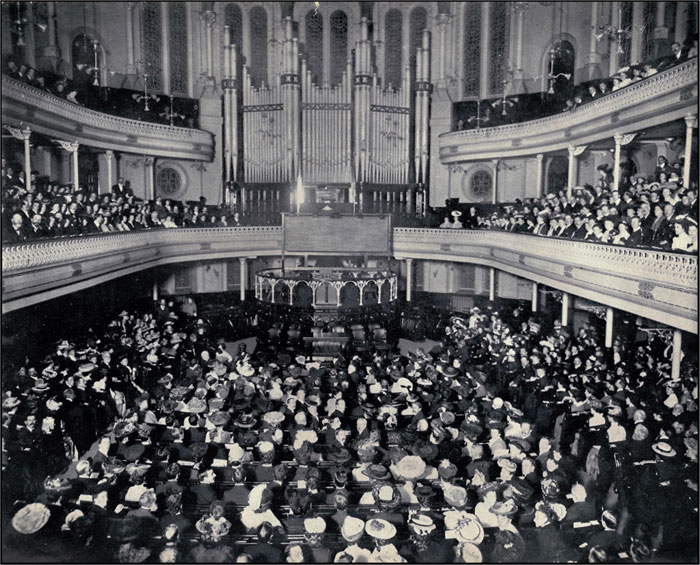Journalling Job
I haven’t written anything about my Bible-reading for a long time, for two reasons: one, my posts didn’t say much of anything worth saying; two, my reading has been extremely dry and dutiful. But now that I’m up to Job, I want to try writing a bit to see if it revives the dialogue between me and Scripture/me and God. This book has a different character than the history books. It’s not a journalistic reporting of facts and events, but an exploration of one man’s experience of baffling suffering. I don’t want to blow past it without engaging; it’s too closely related to the struggles I have lately with understanding pain and suffering, with doubt, with God’s mysterious permissiveness and silence, and even with the unmanageable things in my own life.
I’m only through chapter 7, so here are a few initial reactions.
I’ve read Job before, more than once. The standard line is that Job is good, his friends are bad, God is marvelous and powerful. In fact, I remember my Old Testament professor in college presenting his view that Job’s friends were legalistic, brittle, shallow counselors as if it were the renegade interpretation. But I don’t think I’ve ever heard anything different, including in the notes of my current Bible. As I’m reading this time, though, I don’t see what’s so bad about them. Or — brace yourself — with Satan’s question. Satan asks the obvious question we all ask when we look at others’ lives from the outside in: why do they have it so easy? It’s a question that’s naive, but not illegitimate. Usually when we get to know others, we see that they don’t have it as easy as we thought. But my point is, what makes Satan the bad guy is that he wants to strike Job, and the universally agreed-upon question of Job is, why does God allow it? If this is going to be an honest reading journal, I have to say that my greatest indignation as I read isn’t over Satan’s badness, but over God’s permission of it. In the story, Job’s testing is even presented as Satan’s idea that God goes along with, rather than simply a means of accomplishing a purpose God already had in mind.
Job’s friends seem like friends to me, not pompous windbags. When they first hear of Job’s suffering, they come to him and are shocked by how bad he looks. They simply sit with him in silence: “They sat on the ground with him for seven days and seven nights. No one said a word to him, because they saw how great his suffering was” (2:13). They don’t speak until Job does, and then Eliphaz responds. Isn’t this what friends do? When I’m struggling with doubts and questions, and I express them to a close friend, I welcome the corrective supplement their perspective gives. Eliphaz makes sure Job is ready, too; he asks, “If someone ventures a word with you, will you be impatient?” (4:2)
As for the content of Eliphaz’s speech, well, it’s a little naive at times. But this is because he’s trying to comfort someone who’s been an idol of sorts. “Think how you have instructed many, how you have strengthened feeble hands,” he urges Job. “Should not your piety be your confidence and your blameless ways your hope?” I find this psychologically truthful. When our idols suffer, and respond with questions, it shakes our world. I see Eliphaz as begging Job to stay perfect, and to put his confidence in his own righteousness in the same way Eliphaz has admired Job’s righteousness. Not good advice. But also not advice that comes from a brittle heart. Eliphaz is just trying to encourage someone he sees as higher than himself, and I admire him for trying.
Further, though his idealistic view of Job puts pressure on Job, his words, at least in spots, sound a lot like God’s own response at the end of the book. (I may change my mind when I get that far, but I’m going by my memory of God’s response at this point.) Eliphaz says, “I would appeal to God; I would lay my cause before him. He performs wonders that cannot be fathomed, miracles that cannot be counted” (5:8, 9). Then, “Blessed is the man whom God corrects; so do not despise the discipline of the Almighty. For he wounds, but he also binds up; he injures, but his hands also heal” (5: 17, 18). Granted, Job’s sufferings have not been presented in the story’s opening pages as God’s “discipline.” But Job’s response after God finally answers him later in the book is repentence. If I remember correctly he says “I retract; I repent in dust and ashes.” It seems some kind of discipline is certainly accomplished, as well as the healing Eliphaz predicts; Job’s wealth is ultimately restored.
Last observation: usually when I’ve heard “What is man that you make so much of him?” (7: 17) quoted, it’s been as a statement of wonder and gratitude for God’s attention to human life. But that’s not at all how Job means it here. He means something more like, “Will you just go bother someone else for awhile? Why are you wasting so much energy on me?” It makes me wonder if there’s a layer of this discomfort with being scrutinized in Psalm 139 too, where David asks, “Where can I flee from your presence?”
So much for my initial reactions. Maybe I’ll write more as I work through the book.


